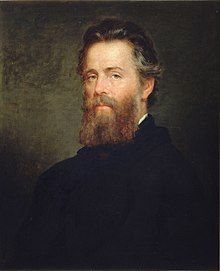273 reads
Moby-Dick; or The Whale: Chapter 78 - Cistern and Buckets
by
September 22nd, 2022
Audio Presented by

American novelist, short story writer, and poet of the American Renaissance period.
About Author
American novelist, short story writer, and poet of the American Renaissance period.
Comments
TOPICS
Related Stories
109 Stories To Learn About Ocean
Oct 01, 2023
109 Stories To Learn About Ocean
Oct 01, 2023
